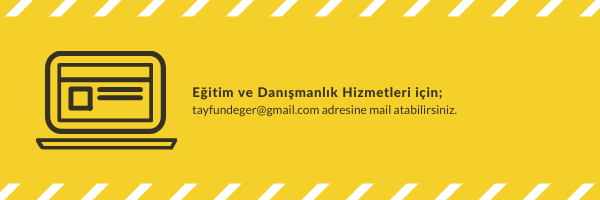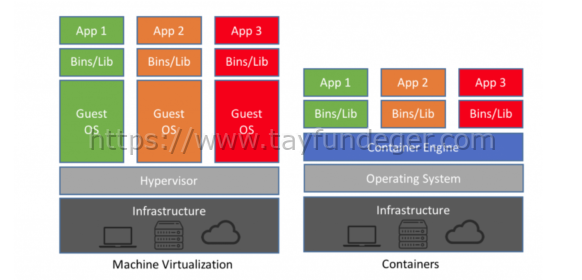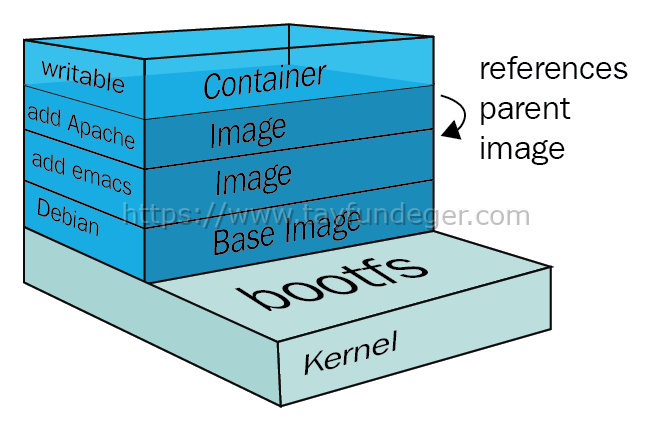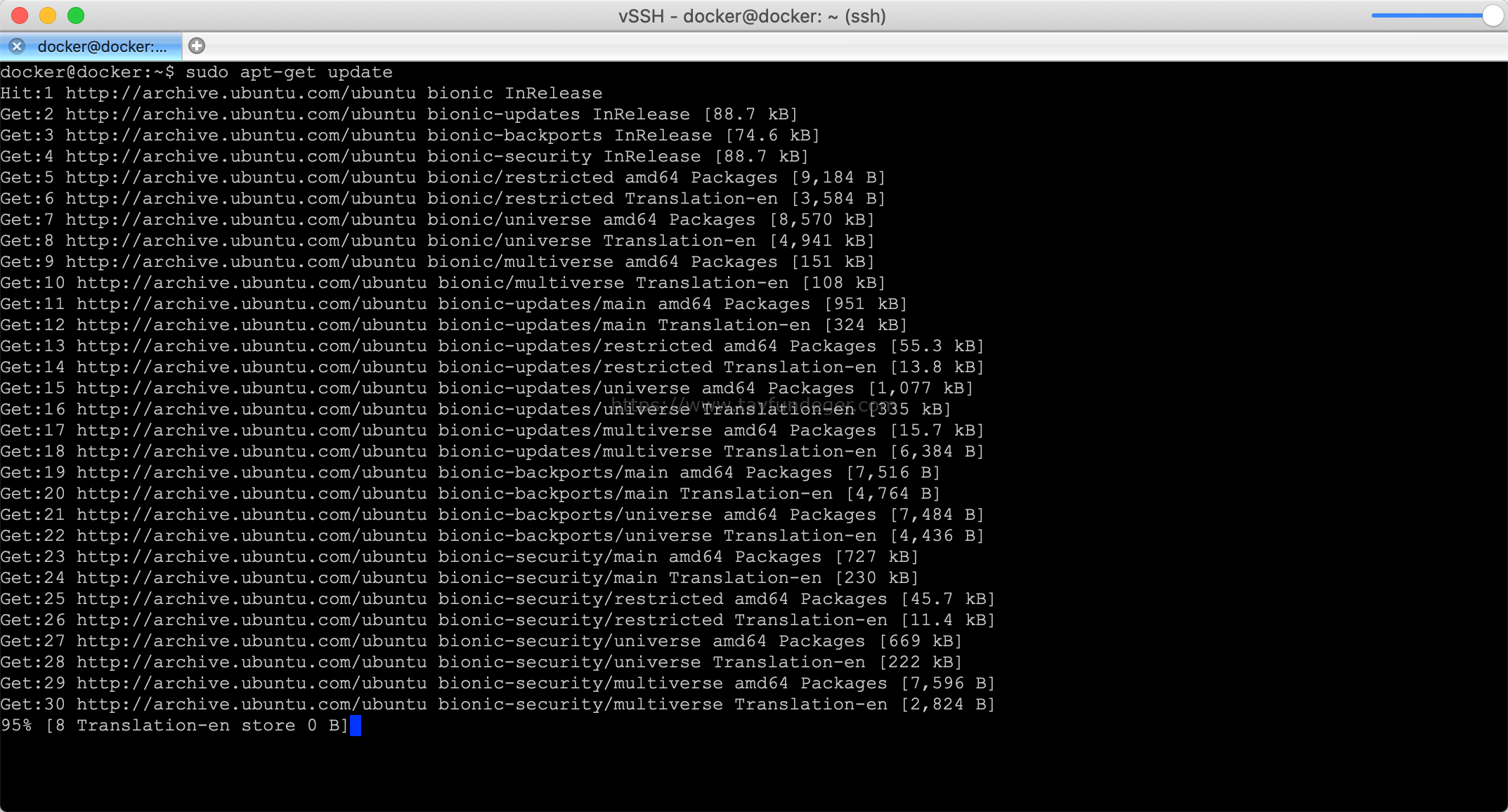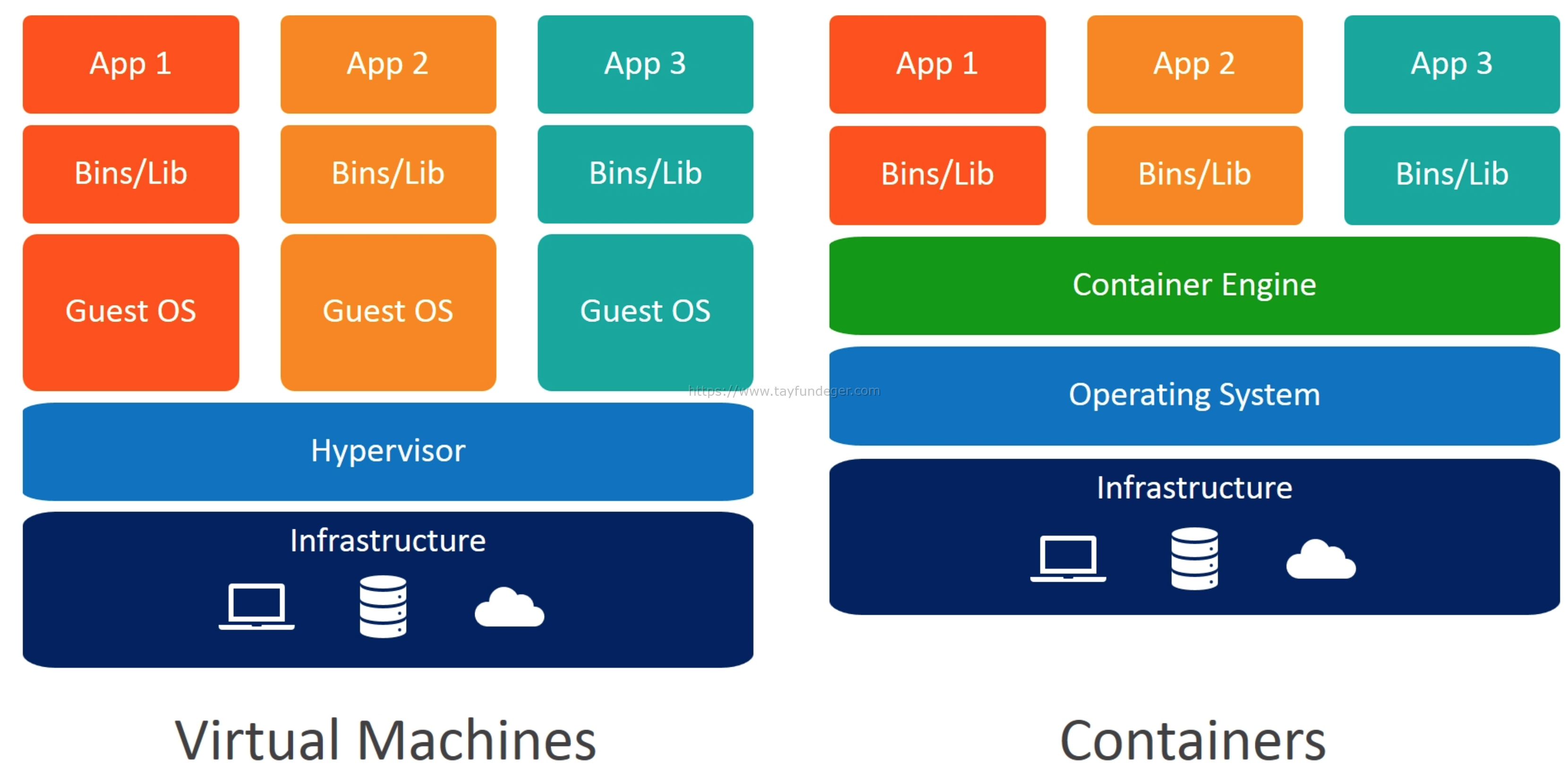What is Docker?
Hello there,
What is Docker? In this article, I will give you information about the docker. Docker is a technology we hear a lot. In this article, I will give you information about the details of this. I will later publish articles on docker installation and applications.
What is Docker?
Docker is a software platform for developing, sending and running applications. Docker allows you to separate your apps from your infrastructure so you can deliver your software quickly. With Docker, you can manage your infrastructure the way you manage your applications. By taking advantage of Docker’s methods of sending, testing and distributing code quickly, you can significantly reduce the delay between writing code and running it in production.
Docker is free software developed by Docker Inc. It was released to the public on March 13, 2013 and has since become a must in the development world.
It allows users to create standalone and isolated environments to launch and deploy their applications. These environments are then called containers. This will allow the developer to run a container on any machine. As you can see, there are no addiction or compilation problems with Docker. All you have to do is launch the container and as a result, your application will start immediately. Let’s come to the most asked question.
Is Docker a Virtual Machine?
This is a very comprehensive question. It would not be right to say yes or no directly to this. Let me tell you the best. Docker is a software that runs on the operating system. You can install the docker on bare metal, non-virtual environments, or you can install it on a hypervisor. For example, ESXi, Hyper-V etc. Docker can be installed on Windows, MACOSx and Linux. Docker is often considered a virtual machnie, but its functionality is not the same. Virtual macine consists of Guest OS and Application. Each virtual machine has its own virtual hardware. I prepared the following Study Guide on virtualization and virtual machines, namely virtual machines. You can examine it.
In the docker architecture, docker software is installed on an operating system and containers are created on it. You can position the docker on a hypervisor if you want. You can create a virtual machine, install the Linux or Windows operating system into it, and run the docker on it. So you can run more than one application on docker.
So where’s the container at Docker? Container is actually Docker organizational units. When we start creating and running an image, we do this on a container. The reason why it is called Container is used because of the portability of the software we run. In other words, we can “send” the software, change it, manage it, create it or get rid of it, destroy it, just like the cargo ships can do with real containers ? Isn’t it a very good resemblance ?
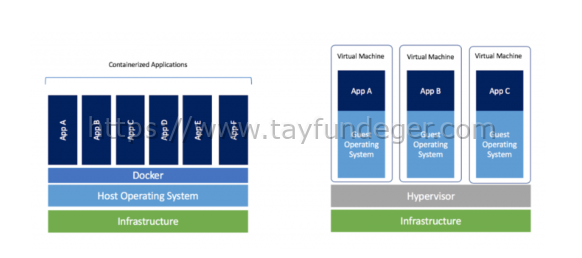
You can run Docker on bare metal, non-virtual infrastructures, or you can run on hypervisors such as VMware, Hyper-V. The architecture between Virtualization and Docker in the above architecture is actually compared. While creating a separate virtual machine for each application in the virtualization architecture, you can use and deploy multiple applications on Docker.
Docker is software used for Virtualization to enable multiple Operating systems to run on the same host. This is the Hypervisors used to create a virtual machine, namely ESXi. On the contrary, this process takes place at the system-level in Docker. As you can see the difference in the image below, the Docker container runs on the hypervisor and above the Operating system. This helps you increase efficiency. In addition, we can run more containers on the same infrastructure than we can run multiple virtual machines because containers consume less resources.
In summary, when we use Docker, we can test my application on Docker. If we want to do this without a docker, we often had to install a virtual machine for each application, which causes serious resource usage. As it does consume much less resources due to its Docker architecture, it can handle our transactions quickly.
Docker can really change our lives. I would like to briefly mention the benefits it will provide when we use Docker.
Docker is pretty fast. Unlike a virtual machine, you can launch its applications in seconds.
Docker has a multi-platform structure. Operating system independent, you can start containers on any system.
You can create containers very quickly and delete them very quickly.
When you compare with virtual machine, you do not deal with operations such as installing an operating system.
After configuring Docker, you don’t need to reconfigure or reinstall when a new employee joins your company.
Getting your projects alive will be quite simple.
I gave detailed information about Docker. First of all, I have to point out that Docker mainly works on a hypervisor and it is much less to use in bare-metal, ie non-virtualization environments. Therefore, when positioning Docker, be sure to position it in virtualization systems such as Hyper-V, such as a hypervisor, ESXi. Some users think that docker will replace virtualization and virtualization should not be used, but this is not the case. In order to use the resources on the physical server more effectively, there is always a need for virtualization. Docker technology provides us with a virtual machine consolidation in the virtualization layer. In other words, it allows you to keep your applications on the docker container rather than on multiple virtual machines. For example, when you want to develop and test 8 applications, instead of using 8 different virtual machines, you will be able to handle these operations on a single docker virtual machine. Note that the numbers and examples vary depending on the application you’re running, I just give examples örnek
I hope it was useful.
Good work.

